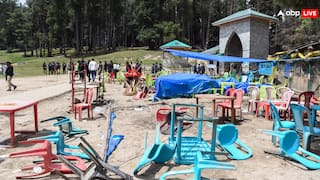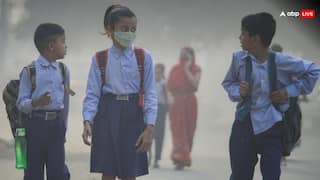50 Prisoners Put In 'Open-Air Jail' To Cultivate Crops At Farmland In Sivaganga
They also look after hens, goats, and cows, using their excrement to create organic fertiliser.

Around 50 prisoners were put up in an open-air jail for cultivating farmland in Tamil Nadu’s Sivaganga district. In the open-air jail, the prisoners were entrusted with cultivating sugarcane, coconut trees, guava trees and vegetables in an organic way. They also look after hens, goats and cows using their excrement to create organic fertiliser.
According to ANI, Prisons DIG, Palani said, "The prisoners were selected on the basis of their behaviour in jail. They grow sugarcane, coconut trees, guava trees and vegetables in an organic way. They also take care of cows, goats and chickens and through the waste they make natural fertilizer."
#WATCH | Tamil Nadu: Nearly 50 prisoners put up in an open-air jail at Shivaganga for cultivating farmland. pic.twitter.com/T8mIgpeiFn
— ANI (@ANI) July 18, 2023
Prisons DIG, Palani said, "This activity will help the prisoners to connect with society easily after their sentence. The idea is to produce good quality materials at lesser price which is sent to the jail and the market for public. The prisoners were given a salary for this activity."
ALSO READ | Former Kerala Chief Minister Oommen Chandy Passes Away At 79
In 2013, an open air jail was started in Sivaganga. The prisoners with agricultural background were selected from across the state to be moved at Kalayarkovil in Sivaganga.
The prisoners were entrusted with cultivating tapioca, groundnut and flowers.
Yet, the prisoners would not be allowed to pursue other vocations outside the place like open air prisons in Himachal Pradesh and Bihar.
The then Madurai prison superintendent R Arivudainambi said there would be greater freedom at the open air prisons.
There are multiple prison without bars. Nearly 50 years ago, the first centre was opened at Singanallur in Coimbatore then around 40 years ago an open air jail was set up in Salem.
ALSO READ: Explained: Why Russia Suspended The Black Sea Grain Deal And How It Will Affect Food Supplies






































